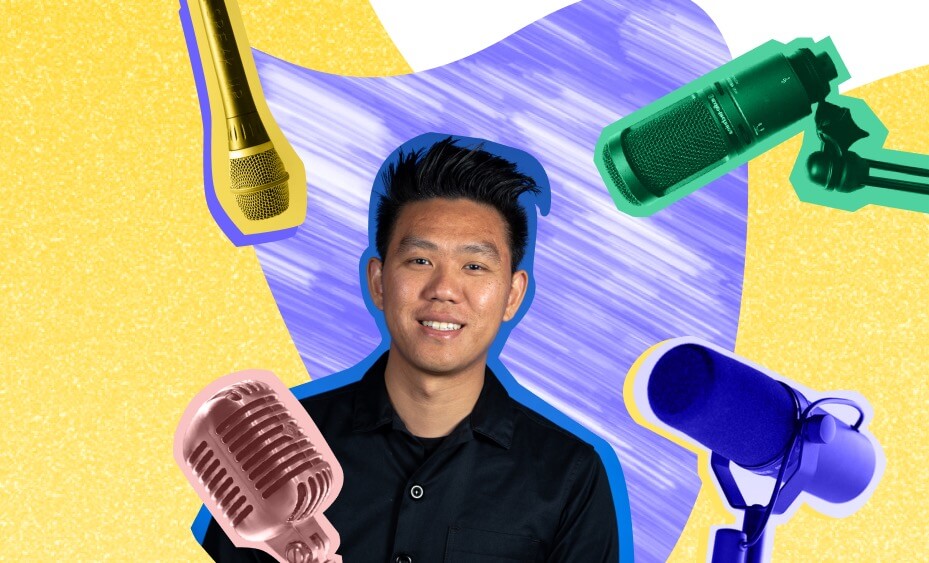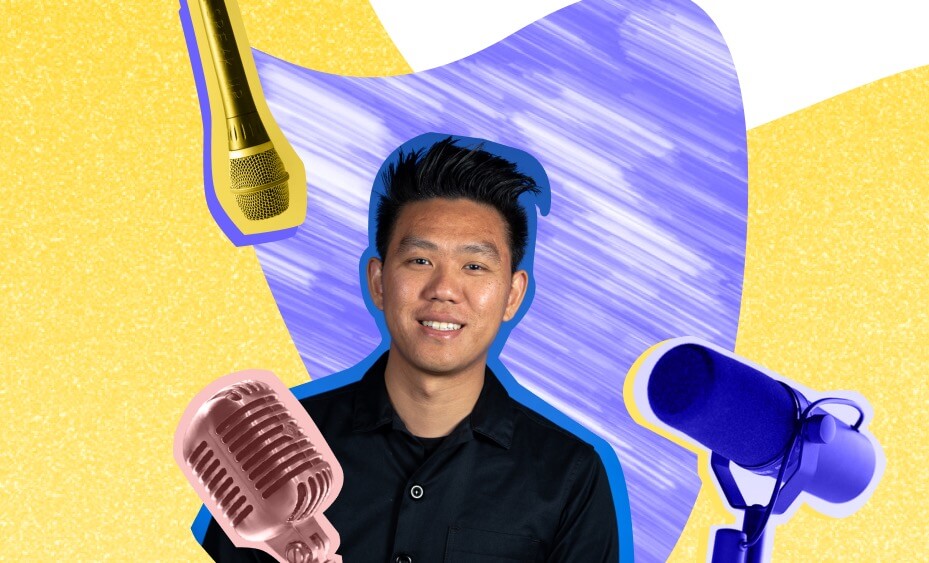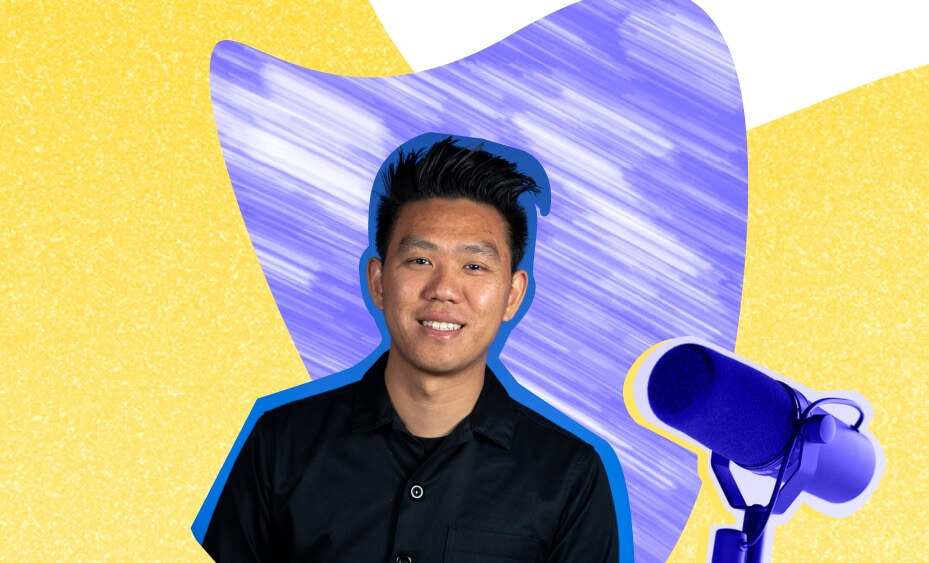Rethinking Career Goals: Mentors by Jon Wood on November 20, 2020
4 Min Read
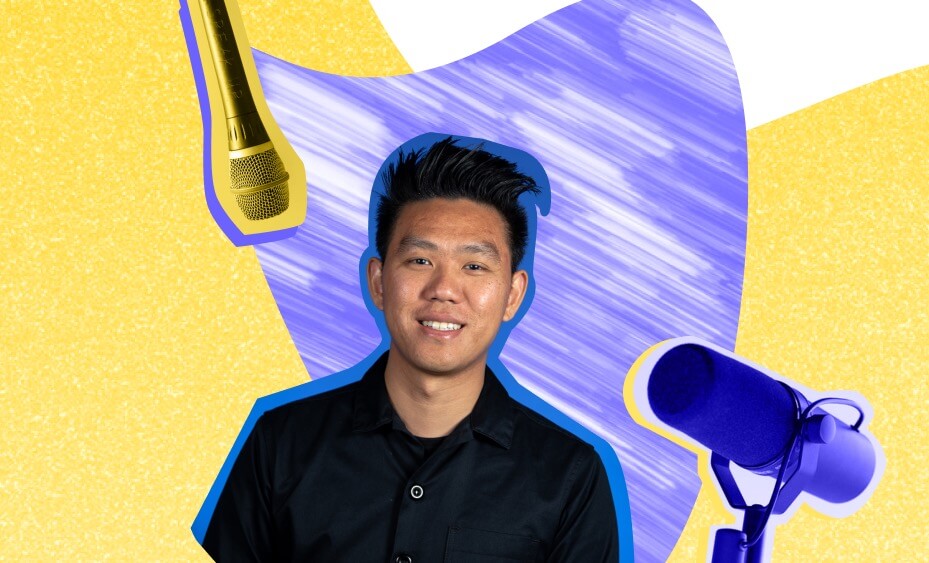
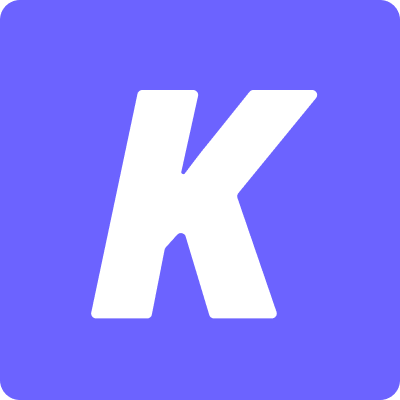
Mentorship is such a big thing — it's one thing to find that sort of mentorship, on your own time or via Twitter or friends, but I'm curious about how you approach mentorship during the interview process or like what do you how do you approach finding mentorship within, like a company that you want to work for? Or when you're interviewing a candidate and they ask about mentorship, be direct?
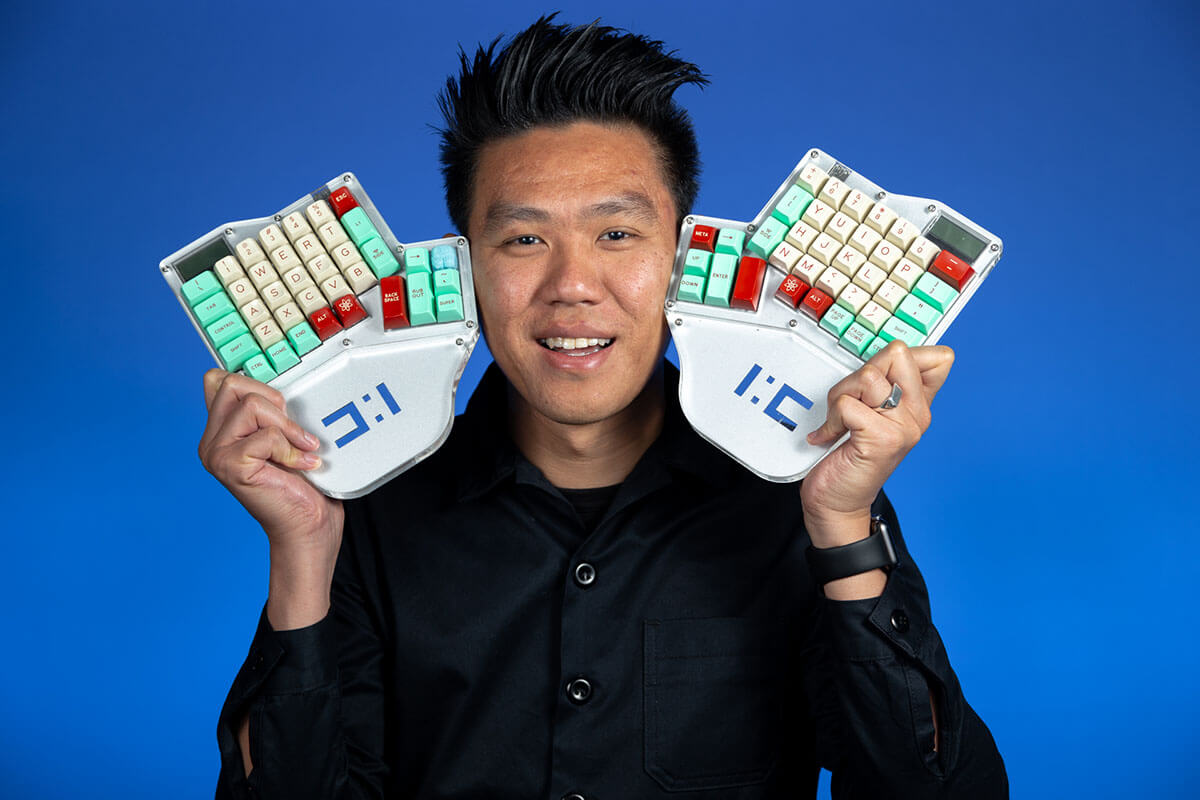
Absolutely. Like that is so important. Right, to professional growth where whether you have that in your company or not, you're working there 40 hours a week minimum, I would say. And so like. That is where most of the time your co-workers and ideally your mentor should have. The most visibility on what you're working on, your progress, your own, growth in terms of your own goals, having a place where you can communicate your goals of how you want to be growing either this quarter, this year, and for them to actually be around your work and even just like setting up one on ones That's one of the things I actually asked my current company, what is mentorship look like and is opportune to do so. And my manager said, absolutely, you know, I'm here and we have other people on the team that it's very collaborative. Right. Like it's peer to peer type of growth. And they lived up to that. They absolutely did. And I appreciate that. And it really just starts with a few things. One, we have like design critiques on a weekly basis and we have certain, like format of how we go about doing that.

We've tried different things for different things that we request feedback on. I have one on ones with my manager every Monday morning, and it's not always like this formal like, all right, let's talk about work. But it's it's a relationship. And he always asked me, like, how can I help you this week? Right. And he actually does like it's not just like, hey, "are you struggling, ok I need to find help so someone can help you to bail you out". Whatever I tell him I need help with, he is there. And so companies, if you're listening it makes employee satisfaction so, so much more because you can't put a price on that.

Some of the stuff that you mentioned about kind of that mentorship and guidance aspect on the job. But I'd love to dig into that a little bit more What should earlier career designers be thinking about in terms of even coming to meetings like their weekly one on ones with their managers. There's some aspect of it you touched upon, which is kind of like regular functional unblocking, but how can you go into those meetings with the manager, with an agenda that's actually going to lead you to upper level of your job over six months, over 12 months?

Because we're in an industry where it's almost like there is no ceiling or the potential is so. high and so vast that you can pursue our dreams just kind of like go go crazy, right? And so I'm a daydreamer myself and I'm always thinking about, like, where I want to be five years from now when in reality, like what is really going to get me there is not being passionate about that, but really saying, hey, this week I'm just going to be incrementally better at whether it's visual design, whether it's research, whether it's user testing, whether it's like understand the problem with this communicating my design solution. Big goals need to be broken down into smaller ones in order for them to actually be attainable. Like you're also just going to be disappointed, right? Just like, why am I think we've seen a lot of articles about this recently or in the last couple of years just about how, like there's always this dissatisfaction between what we aspire to be to where we are. Right. And no matter what, I think it can be a big gap. But how do you close that gap?
And I think you can only close that gap in increments because that's just realistically what you're able to achieve on a weekly basis and you're thinking about it. More often than once a quarter, I would assume, you know, especially when you're younger, you're just like I'm so hungry, I'm so hungry, why am I not improving as I want to? I think it's just that we are looking farther ahead than what we need to focus on right now. what that looks like is with that mentor, tell them specifically like, OK, I want to improve in this way. So maybe just this week or this next two weeks, what can I work on to improve my understanding of design systems. Right. And maybe they'll help break it down for you, too. Or maybe they'll tell you, like, why don't you just start building a basic one or being able to put a chip at it because, yeah, a little bit over a period of time is actually going to bring you a lot farther, from my experience.

That's really helpful advice. I really, really love the focus on the shorter kind of time frame and windows and actually like executing against those goals to meet those more manageable gaps, essentially to make that those bigger swings long term.

If I could add something real quick, something that I thought about maybe in reflecting upon my career a couple of years ago, is that being a designer, you're solving problems all the time and you're trying to make sure your users are successful in whatever you're working on.
And I think that it should be something that we should recognize that it's a very natural application for our own career goals Our own career goals are design problems in and of themselves. what we aspire to be and how we should approach it, like why why shouldn't we see it as a design problem? We are users in that way. Like we have goals. We have pains, you know, like there are solutions to it. And so we need to iterate on, how we improve in our skills. We need to iterate and how we maybe apply for jobs or how we network. Like, I think that the design process works extremely well with even how we pursue career goals.
